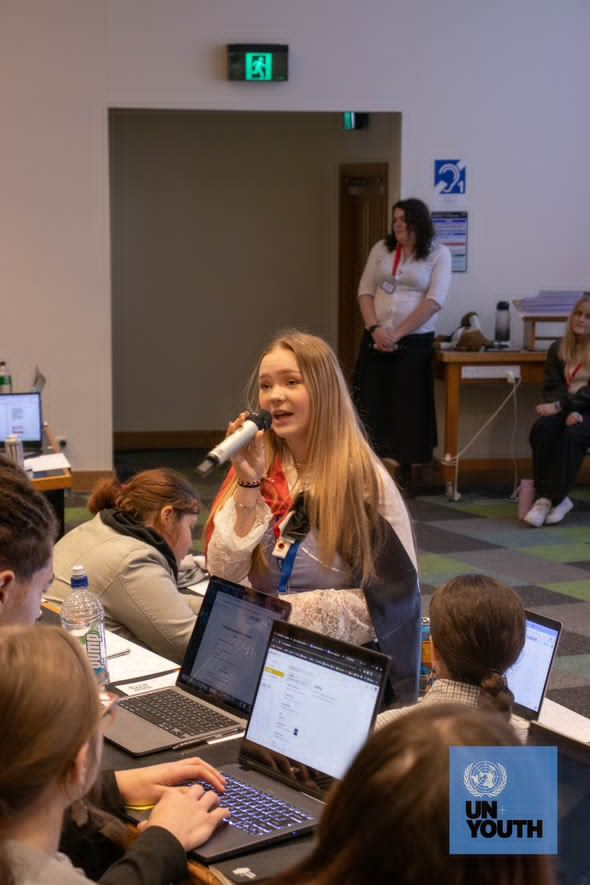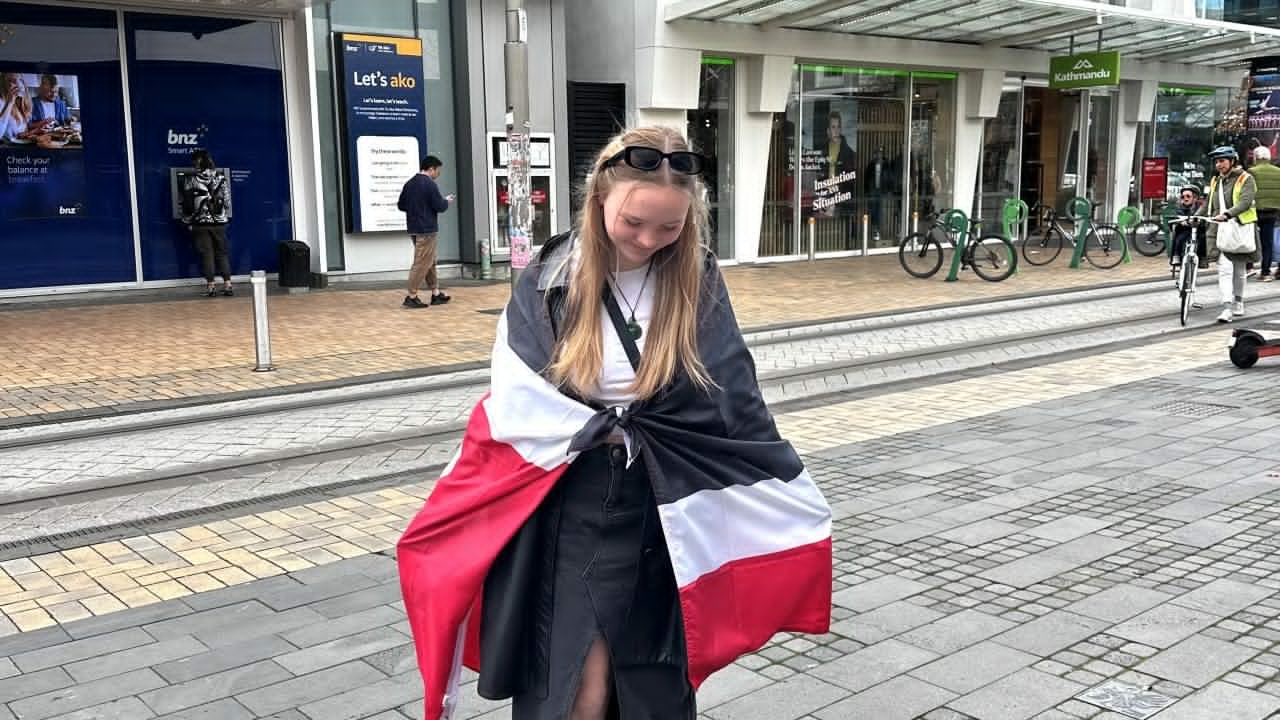Growing up, I felt compelled to keep the peace. I believed that keeping the peace meant letting my opinions bubble inside me like lava waiting to erupt. As my love for learning and my heart for justice grew, I started seeing holes in society. How women, oppressed communities and races have had to fight for the right to have a say in their country, to marry who they love, and to use the same restrooms as their white neighbour. I educated myself on policies that were built up against women, LGBTQIA+ members and indigenous people. These are boundaries that no one should ever have to jump through. It took finding my cultural identity to gain both a greater understanding of racism in Aotearoa and the ability to say what needed to be said.
My journey to finding my footing in my culture, identity and voice was far from linear. It all started when I was 12, and my sister was buzzing about how we were all Māori from dad’s side of the family. I thought it was cool, but at the time, it didn’t affect my life in any way. It wasn’t until a couple of years later that I looked into my heritage for a school project. I found out all the inspirational Māori people that I was related to. These people disrupted the peace. They were vocal about the injustices in this country and fought hard to be seen, heard and respected. Suddenly, my life flipped, and I prioritized learning more about my culture and te reo Māori. I believed it would dishonour my tūpuna if I didn’t acknowledge my culture.
I started learning Te Reo Māori the following year with very little prior knowledge. I felt like a fraud identifying as Māori because I didn't look the way people expect Māori to look. I also had very little knowledge about my iwi and te ao Māori in general. My te reo Māori teacher quickly scooped me up and helped me on my journey to find who I am in my culture. She showed me what it means to be unapologetically Māori. She pushed me outside my comfort zone to perform a speech in te reo Māori at Ngā Manu Korero. It was one of the most terrifying but validating experiences. It was terrifying because I had only taken te reo for a few months before standing on stage and delivering a speech solely in Māori. But it was so incredibly validating for my identity as a wahine Māori. I learned that being Māori isn’t based on any form of performance but instead based on whakapapa alone.
Despite the support I had, there were still people calling me ‘plastic’ and tearing me down with their actions and kupu. Judging me for my appearance and not being raised in my culture but identifying as Māori. This created a strong sense of imposter syndrome that tied me down. I was afraid of what people would think of me. I was scared people would think I was just pakeha trying to insert my place in Māori spaces and conversations. Despite the positive voices in my life, the few negative words were louder. I don't fit into the stereotypes pakeha created for Māori. I don’t look the way they want me to. I don’t act the way they expect. And I don't know as much as I'm supposed to. How could I consider myself Māori when I didn't know my language or tikanga? I have little connection to my iwi. In my mind, everyone was watching what I was doing and how I was acting, judging me if I didn't know something or wasn't perfect. 
The whispers of the Treaty Principles Bill in 2023 caused my eyes to open for the first time. At that moment, it wasn’t just history that was unjust; instead, mindsets passed down from generation to generation. These mindsets and lack of te tiriti and te ao Māori knowledge birthed this bill. My culture was being directly attacked, and I didn’t care who judged me; I was going to stand up. The questions of who was I to claim to be Māori? Who was I to stand up for Māori? Became how could I not follow in the footsteps of my ancestors and do everything in my power to push back on the racism in this country? I started going to protests, posting all about it and educating people about the racism behind the bill.
Using my voice was scary for so long that I almost lost it. I didn't believe what I had to say would matter.
After all, I'm just one person. What changes would happen if I said something? When I watched hundreds of thousands of Māori and non-Māori come together to show the government their lack of fear, it showed me that fear shouldn’t be a barrier in making injustice right. I am so unapologetically Māori. This wasn’t because someone waved a magic wand, and all anxiety and fear fled. I grew into that person through a long process of self-love and acceptance. I stopped defining my “Māori-ness” by the percentage of my blood it took up. I was no longer part Māori but fully Māori, even with gaps in my knowledge.
Finding who you are is hard, but not knowing is also hard. Finding your voice is hard, but so is staying silent. Standing up for what you believe in is hard, but so is letting injustice occur. In this life, you choose your battles. You can run from fear, or you can embrace it. I stand on my whakapapa, where my identity comes from, which created my voice. Find what it is you stand on. Find what makes you, you, and allow that to be where your voice is.
